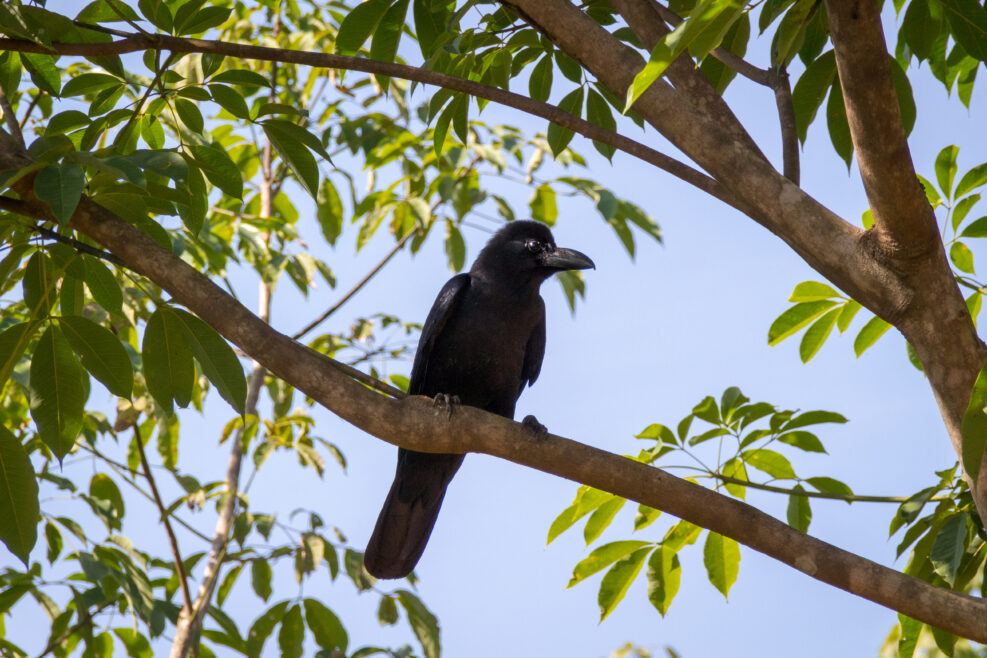
What Will Elon Musk’s Neuralink Really Change, If It Catches On
Neuralink’s computer chip implants may help restore function in people with motor or sensory disabilitiesFinishing the third and final podcast of the series, “Unity of Consciousness,” Walter Bradley Center director Robert J. Marks and Angus Menuge, professor and chair of philosophy at Concordia University, had a look at entrepreneur Elon Musk’s implanted brain chip venture, the Neuralink: https://episodes.castos.com/mindmatters/Angus-Menuge-Episode-3-rev1.mp3 This portion begins at 14:28 min. A partial transcript, Show Notes, and Additional Resources follow. Robert J. Marks: Let me end our discussion together by asking you an outlier question. Elon Musk is developing something called Neuralink. It’s a chip which goes into the brain. Its immediate application is going to be for those that are handicapped. It is going to allow them communicate directly to objects that they can’t control normally because of their handicap. Read More ›


















